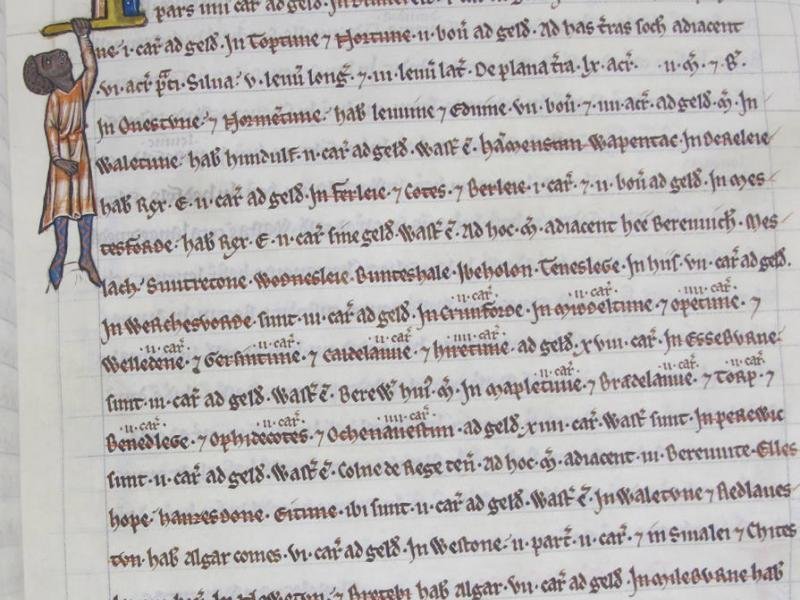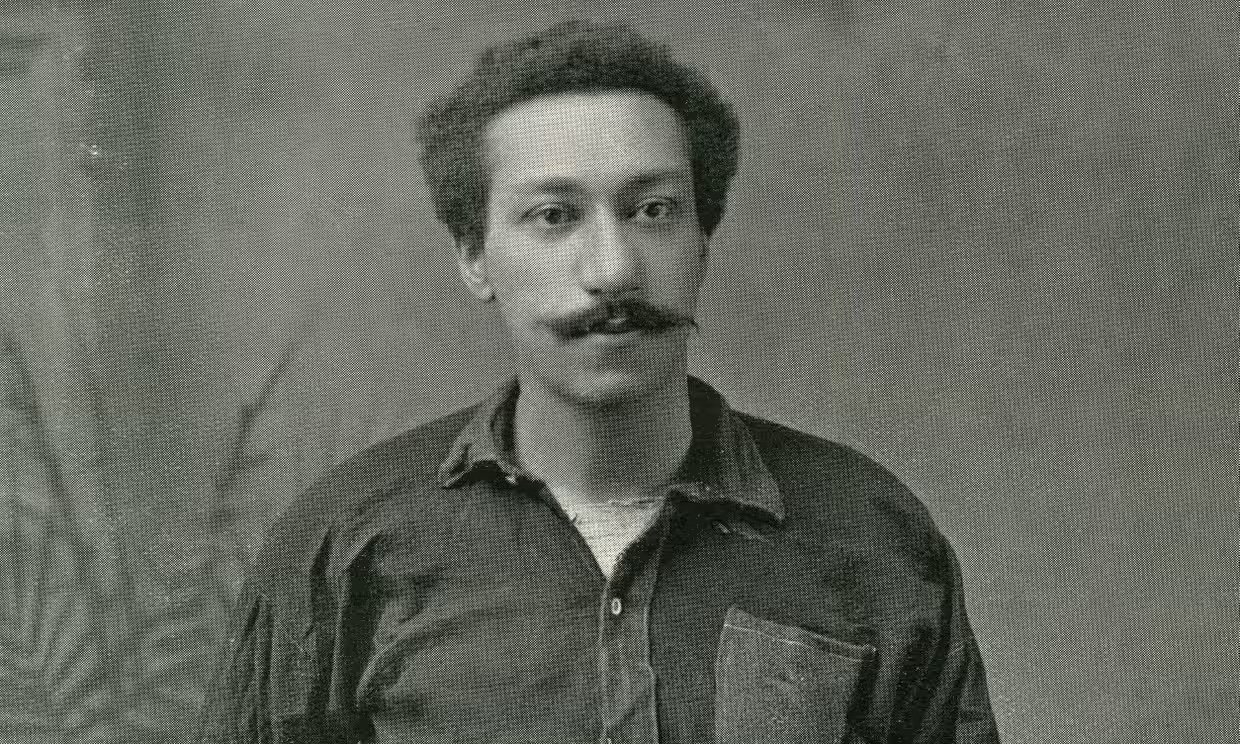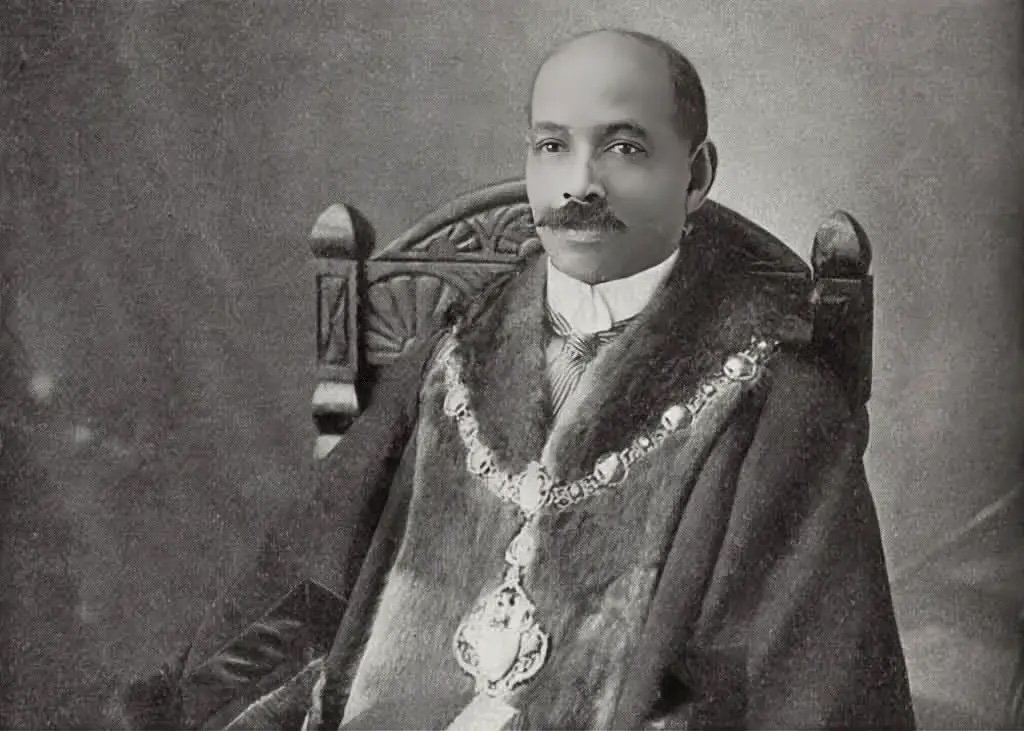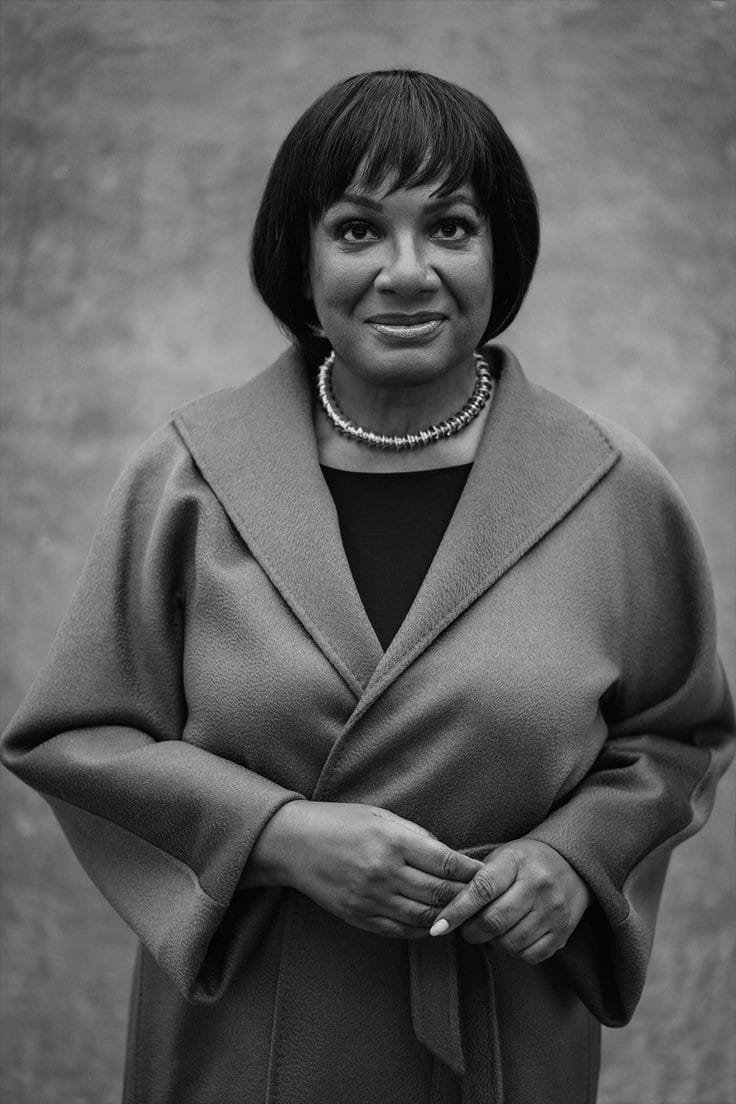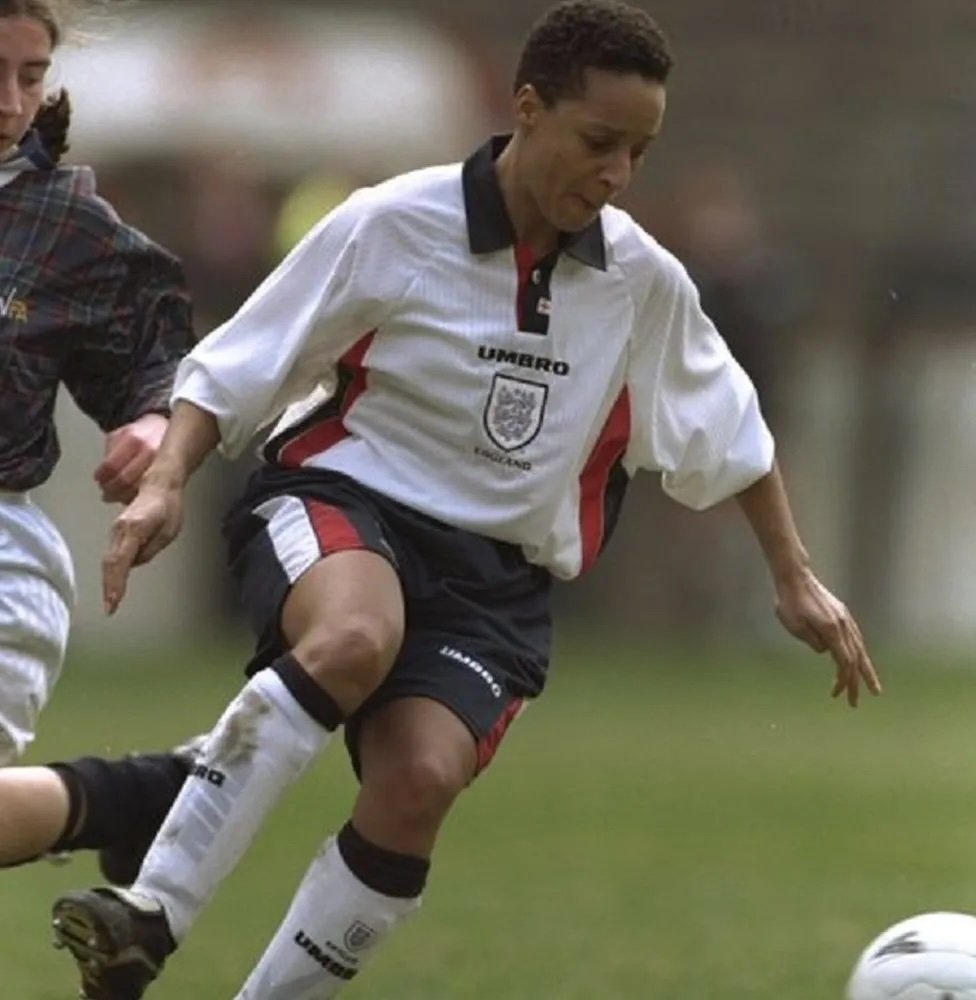Black History Makers: A British Timeline
Being the “first Black person to…” in Britain, no matter how far back that first goes, is on a level of such magnitude, it’s unfathomable to imagine what life would be like if they hadn’t made those great feats. From the first ever Black London Mayor to the first Black Lecturer, we, thanks to so many, live in a time where we can make our wildest dreams come true. To honour those “firsts” that broke ground for the Black British community, here’s a timeline of 10 mega milestones in history.
13th Century: First Drawing of an African in Britain
The first or at least the earliest known drawing of an African in Britain was in the 1247 Domesday Book. Ordered by William the Conqueror, the Norman king who seized England in 1066, the book was a monumental survey that recorded every manor, every field, and every inhabitant, providing a snapshot of England in 1086. The drawing represents the presence of what would have been a very small population of Black people in Britain centuries ago. It is possible the thirteenth century African presence was due to the migration of Sub-Saharan Christians from modern-day Sudan and Ethiopia who fought alongside European Crusaders against Middle Eastern Muslims.
An African man depcited in the Book of Doom
18th Century: First Black Person to Vote in UK
Charles Ignatius Sancho was an accomplished composer, abolitionist and writer of the 18th century. Sancho was born a slave and orphaned by the age of two. He was brought to Greenwich, London to live with three unmarried sisters. He found it unbearable living with the sisters and eventually ran away to Montagu House in Blackheath, where he earned a living as a butler. The Montagu’s indulged his appetite for reading and writing, helping him to excel in both.
After a couple of years with the family and with their support he became a shop owner, where he became a notable personality in the Westminster community and socialised in influential circles. During this time he wrote plays and music, and became a vocal advocate for the abolition of slavery. As a property and business owner Sancho had the right to vote for his local MPs in the 1774 and 1780 elections. He is the first Black person recorded in Britain to do so.
19th Century: The First Black Doctor to Graduate in Britain
James McCune Smith, was an American who became the first Black doctor to graduate in Britain in 1837. Smith had applied to medical school in America, however due to racial discrimination was denied. At the time, Britain was a lot more tolerant than its younger sibling and was open to higher learning for Black people. He completed a gynaecological residency at the Glasgow Lock Hospital for Women for a few months before returning to America as the first African American to gain a medical degree. He took on a 20 year role at the Coloured Orphan Society in Manhattan as its resident physician. Smith, who was born into slavery, was also a prominent abolitionist and author who was a leading figure in the American Anti-Slavery Society alongside Frederick Douglas.
James McCune Smith
19th Century: First Black Professional Footballer
Arthur Wharton, who was born in Ghana in 1865, is regarded as the first Black professional footballer in the world. He moved to England in 1882 at the age of 19 to become a missionary but gave it up for his love of sports. As an accomplished sportsman he ran the first fastest recorded time in 100m sprint, he played professional rugby and cricket as well as football. He made history playing as a goalkeeper for several clubs, most notably including Preston North End and Rotherham Town. He was part of the Preston team that reached the FA Cup semi-finals in 1886–87.
Arthur Wharton
20th Century: First Black Mayor of a London Borough
In 1913, Liverpool born John Archer was elected Mayor of Battersea, becoming the first Black mayor of a London borough. He was a prominent Pan-Africanist, advocating for the rights and unity of people of African descent globally, and was the founding president of the African Progress Union, a collective of African diasporans representing advanced African ideas in liberal education. In his victory speech he said: "My election tonight means a new era. You have made history tonight. For the first time in the history of the English nation a man of colour has been elected as mayor of an English borough.
"That will go forth to the coloured nations of the world and they will look to Battersea and say Battersea has done many things in the past, but the greatest thing it has done has been to show that it has no racial prejudice and that it recognises a man for the work he has done."His election was of global importance to the progress and equality of Black people around the world. His historic win was reported in The Crisis, the publication of the National Association for the Advancement of Coloured People ( NAACP).
20th Century: The First Black Lecturer in Britain
Sir William Arthur Lewis is a St. Lucian that is renowned for his groundbreaking contributions to the field of development economics and a man of many firsts. In 1933, at the age of 18, he left the island on a government scholarship to study at the London School of Economics (LSE), which also made him the first Black student to study at the prestigious university. Graduating with first class honours, the university awarded him a scholarship to study his PhD in industrial economics.
In 1938 he became the first Black faculty member at LSE and continued to progress as part of the teaching staff until 1948, when he was selected as a lecturer at the Victoria University of Manchester making him the first Black lecturer at just 33 years of age. He would go on to produce important work in economic concepts for the developing world which was of great significance for the British colonies negotiating their claims for independence. In 1979, Lewis received a Nobel Prize for his work in Economics.
Sir William Arthur Lewis
20th Century: First Black British Newspaper
The West Indian Gazette was founded in 1958 by the Trinidadian Black activist Claudia Jones. Located in Brixton, it was at the heart of the Black community and had a circulation of over 15,000. The publication was found at a time when the Black community was growing quite rapidly following the Windrush a decade earlier and increasing racial tensions and inequalities. Jones believed that "people without a voice were as lambs to the slaughter." In Jones’ eyes the paper was a catalyst to social and political awareness that would empower the Caribbean immigrants. It also played a major part in the art and culture scene, providing a platform that attracted audiences way beyond word of mouth. The West Indian Gazette has been described as "a critical resource through which black British political consciousness emerged during the early 1960s.”
21st Century: First Black Female Member of Parliament
In the 1987 general election, the portrait of British politics changed instantly with the election of three Black Labour MPs, Diane Abbott, Paul Boateng and Bernie Grant. For Diane Abbott the election made her the first Black female MP in British history. She won the seat for Hackney North and Stoke Newington and has remained undefeated ever since. In her career as a politician she has served in many Shadow cabinet roles including Shadow Minister of Health, Shadow and Shadow Home Secretary. In July 2024 she became Mother of the House for being the longest continuously serving female MP.
Diane Abbott
21st Century: First Black Manager of a UK National Football Team
Hope Powell CBE is a former professional footballer having played for Millwall, Fulham, Bromley & Croydon. Powell also earned 66 caps playing for England scoring 35 goals during her time. She later became the Head Coach of the England women's national team from 1998 to 2013, the first woman and the first (and only) Black coach in this role. Under her leadership, England reached the UEFA Women’s Euro final in 2009 and qualified for two FIFA Women’s World Cups. She then went on to become the Technical Director of Birmingham FC in 2023.
Hope Powell CBE
21st Century: First Woman in Europe to Compose and Conduct a Symphony in the Last 40 Years
Shirley Thompson, is a prolific Black British composer and violinist of Jamaican descent. Her works include music compositions for film, TV, and theatre as well as for operas, concertos, symphonies and ballets. Thompson’s blend of traditional orchestral elements with influences from jazz, folk, and world music has won her global praise. In 2002, she became the first woman in Europe to compose and conduct a symphony in the last 40 years with New Nation Rising, A 21st Century Symphony performed and recorded by the Royal Philharmonic Orchestra. A masterful musical story of epic proportions with 200 performers celebrating London’s thousand-year history. Her symphony is believed to have inspired the London 2012 opening ceremony. As an academic, Thompson is currently the Professor of Music at the University of Westminster.
Shirley Thompson


